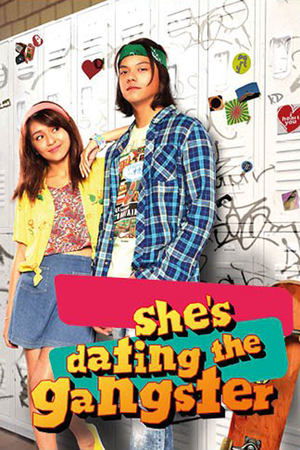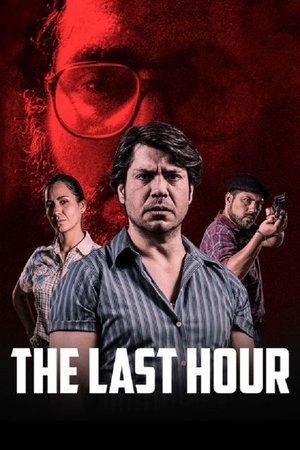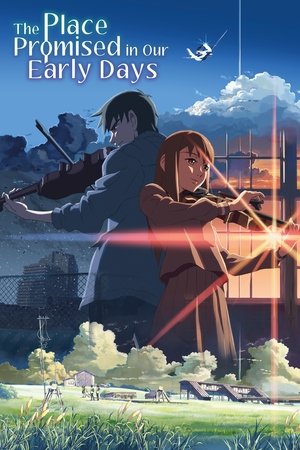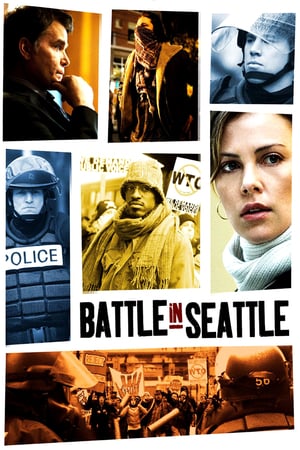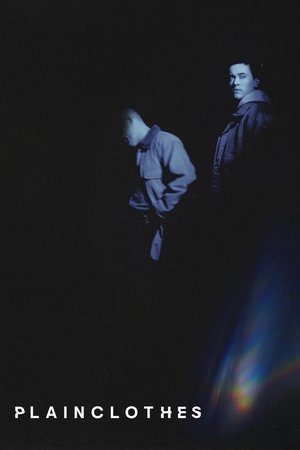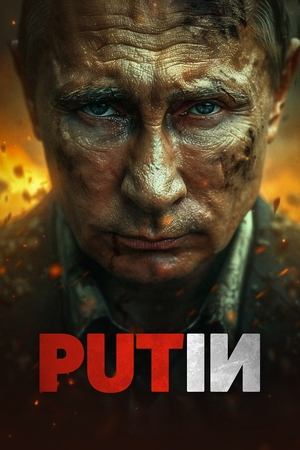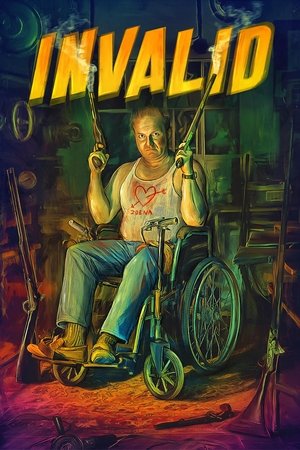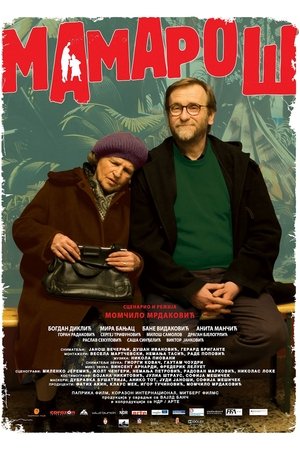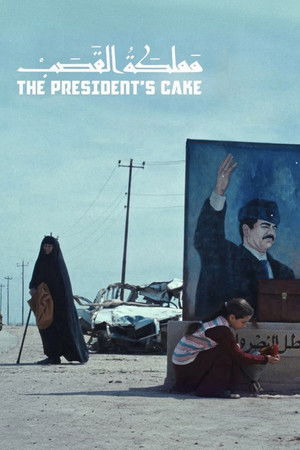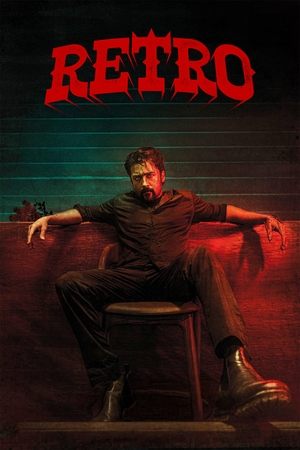Overview
Bosnia, July 1995. Aida is a translator for the UN in the small town of Srebrenica. When the Serbian army takes over the town, her family is among the thousands of citizens looking for shelter in the UN camp. As an insider to the negotiations Aida has access to crucial information that she needs to interpret. What is at the horizon for her family and people – rescue or death? Which move should she take?
Reviews
**Intro**
Quo Vadis Aida, released in 2020, is more than a film. It tells us a story, and it reminds us of our political organisation’s failures and invites us to wake up, so that those tragic events will never happen again. The Srebrenica genocide happened in 1995 and, although it’s very recent, too many people ignore this tragedy.
**Real events inspired the movie**, although some characters are fictional. The whole cast delivered a good product which got an Oscar nominee as “Best International Feature Film” and many others awards.
**Movie’s analysis at SpotaMovie.com** -
**The Story**
In July 1995, the Serbian’s soldiers were ready to invade Bosnia and the city of Srebrenica. U.N. officers and the blue helmets had the duty to protect the population and prevent the invasion. Aida is an interpreter working for the U.N., helping during the negotiation between the Bosnians and the blue helmets. While the time quickly passes, colonel Karremans doesn’t receive any updates or support from the U.N., NATO, or the Dutch government. The situation is dangerous. Thousands of people gathered near the U.N. compound seeking help. But they are too many, the blue helmets struggle to keep control, and general Mladic is ready to enter the city.
Set as the Bosnian Serb army laid siege to the town of Srebrenica, this dramatises the story of an UN interpreter “Aida” (Jasna Djuricic) and her desperate fight to rescue her husband and two sons from the encroaching forces under the command of the ruthless Ratko Mladic (Boris Isakovic). Their “safe zone” is little safer than elsewhere in the war-torn community and with the largely Dutch troops entirely out-gunned and lacking external support either politically or militarily, she knows that if she can’t get her family away as they evacuate then they will not leave alive. What we see here shows the shocking ineffectiveness of the international community’s response to this horror and, despite pleas from their blue-hatted soldiers on the ground, how little was actually done to assist those facing racial genocide at the hands of a charismatic thug. Djuricic does really well here as she strives to convey a palpable sense of not just her own family panic, but of a grand scale fear that innocent civilians faced indiscriminate violence, relocation and quite possibly death imminently. It’s also quite a potent reminder of the obligations due to people who put themselves in harm’s way to help peacekeeping operations as and when these situations change. Even if, technically, these people are not a direct responsibility we still have a duty of care that this drama clearly shows us abrogated. It’s almost entirely filmed using an intimate hand-held style of photography that adds quite a degree of intimacy to the proceedings, and the last few scenes are as traumatic as cinema gets. Though it’s a tough watch it’s a worthwhile one.

 104 min
104 min
 7.639
7.639
 2021
2021
 Austria
Austria
 Giovanni wrote:
Giovanni wrote: